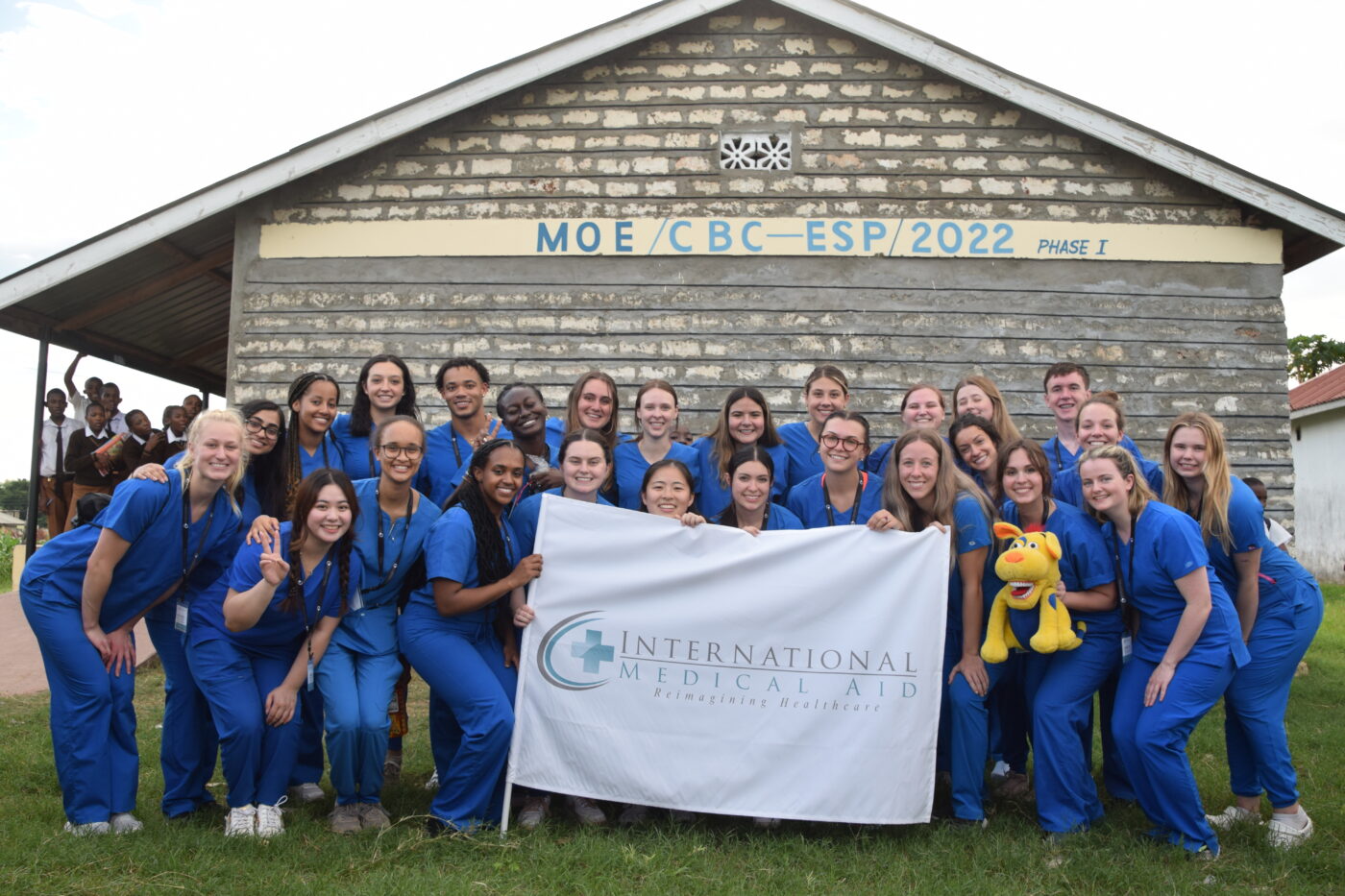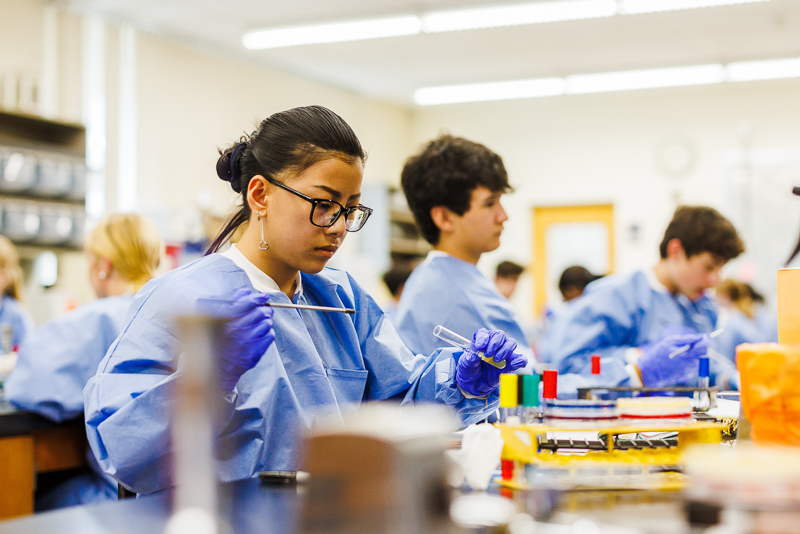It’s never too early to start preparing for a medical career. As young students, aspiring medical professionals must display interest in science subjects. They should also excel in different fields, including research, clinical, and laboratory work.
Besides working hard and embarking on self-development activities, being receptive to mentoring is a key component to success. Not all skills and knowledge can be acquired from books or within the four corners of the class room. As such, high schoolers need mentors to teach them valuable lessons.
Medical internship programs offer high schoolers the best opportunities for practical learning. You’re lucky if you go through one, as you stand to have a great pre-clinical experience while building an impressive resume.
Below, you’ll learn the basics of mentorship and how it benefits teens who plan on pursuing a career in medicine.
What Are The Three Key Roles in a Mentoring Program?
Many companies use mentoring programs to develop and retain their top talents. With more skilled and efficient workers, companies also benefit from increased productivity and revenues. According to a report, 100% of U.S. Fortune 50 companies have mentoring programs, while 84% of the top 500 firms implement them.
A mentoring program will only be successful with the involvement and dedication of these key roles:
1. Mentor
A mentor can take many forms, depending on the specific organizational objectives. For instance, mentorship in academic medicine involves organizations developing comprehensive training to educate novice physicians and scientists to understand diseases and discover their potential cures while enhancing patient care. Academic medicine refers to educational institutions that deliver healthcare to patients as well.
A mentor needs to be more skilled and experienced than the person (mentee) they’re tasked to train. Both should have direct interaction for a mutually beneficial relationship.
2. Mentee
Conversely, a mentee receives guidance and advice from a mentor. They must first identify the skills, knowledge, and competencies they want to obtain based on their goals.
After a discussion, both will map the topics, activities, people, and other sources to help the mentees achieve them. The trainee is expected to establish good communication and relations with their mentor to optimize the benefits of the mentoring program. According to a 2019 survey, 91% of workers with mentors were happy with their careers.
3. Program Manager
A mentoring program requires an active manager responsible for recruiting, selecting, and matching candidates and their mentors. The program manager conducts periodic program reviews to measure its effectiveness and make the necessary changes to ensure its success. Moreover, they regularly communicate with the mentor and mentee to monitor progress and address possible issues.
Why is an Internship Important for Students?
Internships are essential in developing career skills, building a professional network, and adding relevant experience to one’s resume. Because of these invaluable benefits, about 500,000 Americans intern for free annually.
A mentor in an internship program helps a trainee overcome difficulties and challenges by sharing skills, knowledge, and experience. Ultimately, mentors contribute to a mentee’s career advancement.
Why Mentorship Is Crucial In Pre-Clinical Programs For High Schoolers
Mentoring is likewise essential in healthcare settings, especially for pre-clinical programs for high schoolers. Teens may have an idea about the primary responsibilities of healthcare staff, but putting themselves in their shoes makes a world of difference. An intern taking completing pre-clinical training is often assigned to hospitals and clinics to take on multiple roles.
Pre-clinical internship mentoring has the following foundational goals:
Improving Mentee's Clinical Skills
Because pre-clinical interns don’t need previous experience to participate in the program, they should have a mentor to help build their basic clinical skills. These include patient communication, case management, administering medication, record-keeping, analysis, and observation.
Transferring Knowledge
Rather than wait until they’re accepted to a medical program, aspiring medical professionals can start their journey by attending a pre-clinical internship program for high schoolers. Mentors are highly qualified, skilled, and experienced workers who can help mentees or interns gain the information they need to succeed.
Providing Career Advice and Guidance
As mentioned, the mentee must discuss their goals with their mentor to ensure they enjoy the program’s full benefits. Meanwhile, the mentor creates a plan to help their protégé achieve them.
Enhancing Problem-Solving Skills
Having limited exposure to pre-clinical work, an intern may have questions, concerns, or problems dealing with certain aspects of their tasks. In such circumstances, a mentor can be very helpful in addressing these issues.
Offering Networking Opportunities
Likewise, an internship allows mentees to build their network of health experts and fellow interns. These contacts may be helpful as they complete their journey as a medical student and a future professional.
Emotional and Psychological Support
Pre-clinical work can be exhausting and frustrating at the same time. When teens want to give up or feel overwhelmed, mentors should be there to support their mentees emotionally.
By shadowing a clinician, interns can earn the fundamental skills to become good medical students. By observing how their mentors work and asking questions, pre-clinical interns can determine which medical career path they want to take.
Final Thoughts
Mentorship is the primary working principle used in internships. And as the discussion above suggests, it plays a key role in increasing an aspiring medical professional’s chances of getting accepted into a medical program.
Interns gain relevant experience and improve theoretical knowledge while building relations with mentors and other useful connections. With their mentors’ help, a mentee can achieve their full potential as they prepare for the bumpy road ahead.



